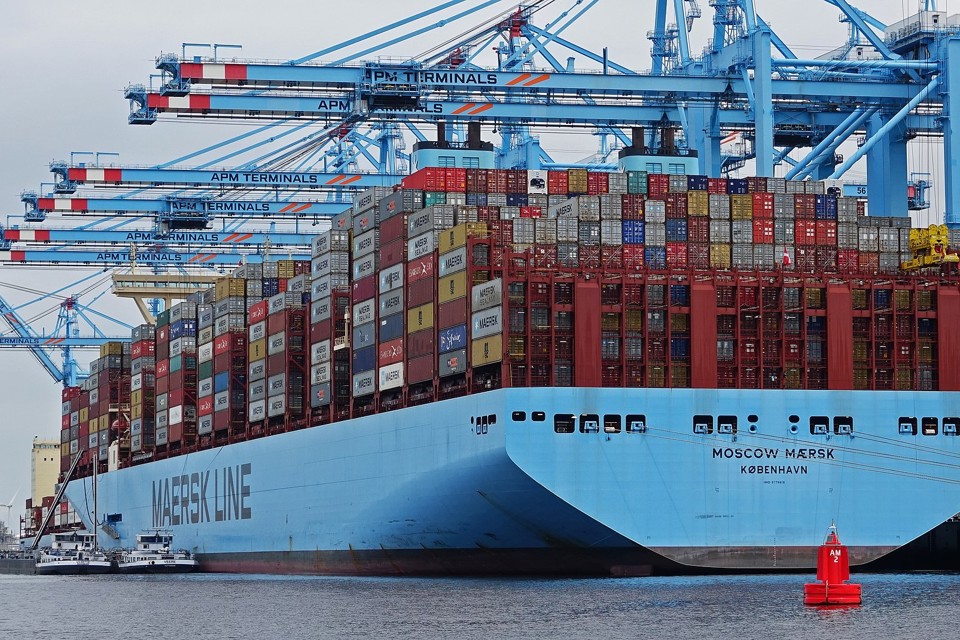Volvo and Tesla have temporarily halted production at their European plants due to supply disruptions caused by recent attacks on freight vessels in the Red Sea.
Volvo's Ghent factory in Belgium will pause output for three days as ships were rerouted to avoid violence, delaying the delivery of XC40 and C40 gearboxes. Tesla will suspend most car production at its Berlin factory from January 29 to February 11 due most likely to the impacted supply of batteries.
Stellantis is also addressing supply interruptions by relying on air freight, compensating for rerouted vessels although claims minimal impact on manufacturing to date. Volkswagen meanwhile is closely coordinating with shipping companies to assess the situation's impact on production but expects few significant restrictions. Other car makers such as BMW and Renault said production has not been affected.
The disruptions stem from attacks by Iranian-backed Houthi militants that are targeting container vessels' routes through the Suez Canal. Major shipping companies like Maersk and Hapag-Lloyd have shifted vessels to the longer Cape of Good Hope route, causing delays, increased shipping costs and additional surcharges.
The re-routing adds around $2 million in fuel costs for each Asia-Northern Europe round-trip with Maersk anticipating that this situation will persist for the foreseeable future, causing prolonged disruptions and rising costs in global ocean freight shipping.
Commenting on the supply chain vulnerabiliy due to the Red Sea disruption, Paul Barker, managing editor, at Carwow said: "While this development is not completely surprising, it is certainly unwelcome news for Tesla. However, manufacturers do typically have a better handle on supply chain crisis management in the wake of the chip-related disruption that followed on from Covid and at this stage, we don't believe new car buyers shouldn't panic about any return to longer delivery times for orders.
"But if there is any future escalation of problems moving cars or car parts, across the world, it would likely lead to an increase in demand, and increase in value, of good-condition second-hand cars. Used car prices have been falling recently from historic highs, so I'm sure Europe's whole automotive industry will be keeping a close eye on the on-oing geo-political developments in the Red Sea."
Patrick Lepperhoff, principal at Inverto and supply chain management expert, added: “Companies waiting for goods from East Asia should urgently negotiate alternative means of transportation - the costs may be higher, but a loss of production or empty shelves would be far more expensive.”

















Login to comment
Comments
No comments have been made yet.